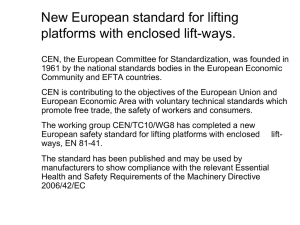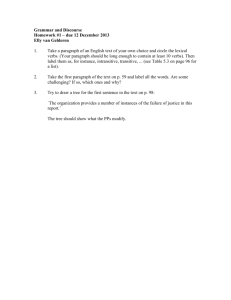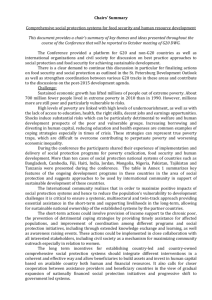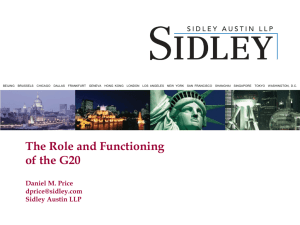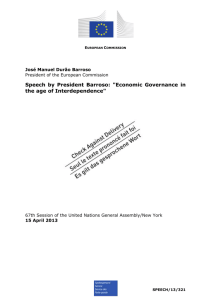Informal document No
advertisement
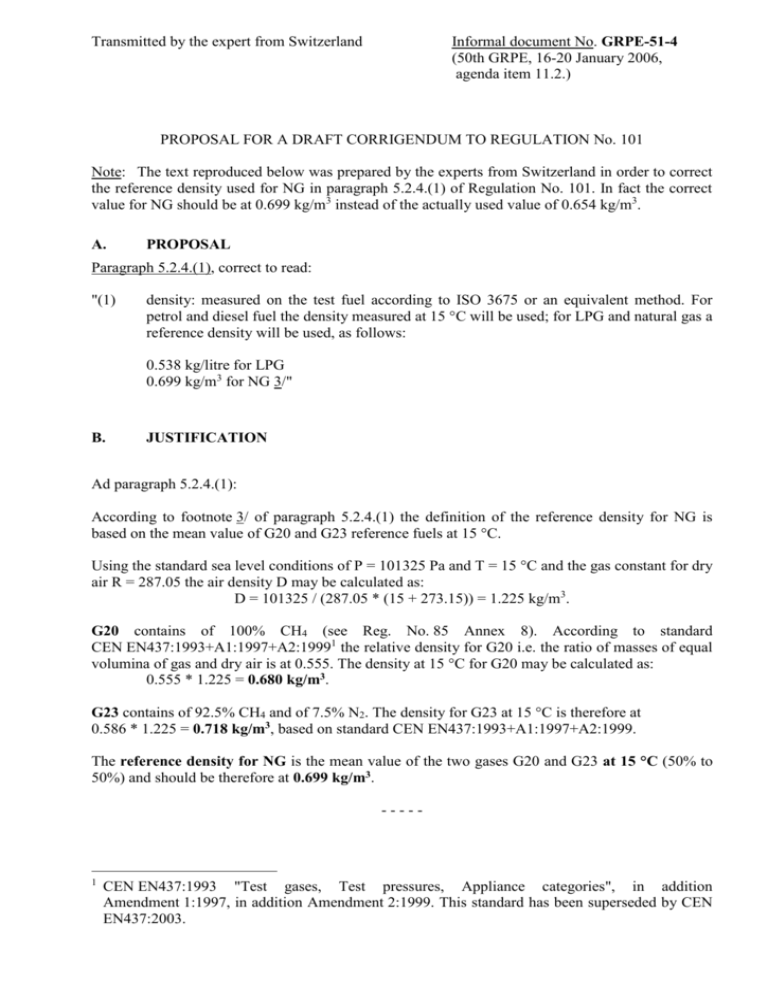
Transmitted by the expert from Switzerland Informal document No. GRPE-51-4 (50th GRPE, 16-20 January 2006, agenda item 11.2.) PROPOSAL FOR A DRAFT CORRIGENDUM TO REGULATION No. 101 Note: The text reproduced below was prepared by the experts from Switzerland in order to correct the reference density used for NG in paragraph 5.2.4.(1) of Regulation No. 101. In fact the correct value for NG should be at 0.699 kg/m3 instead of the actually used value of 0.654 kg/m3. A. PROPOSAL Paragraph 5.2.4.(1), correct to read: "(1) density: measured on the test fuel according to ISO 3675 or an equivalent method. For petrol and diesel fuel the density measured at 15 °C will be used; for LPG and natural gas a reference density will be used, as follows: 0.538 kg/litre for LPG 0.699 kg/m3 for NG 3/" B. JUSTIFICATION Ad paragraph 5.2.4.(1): According to footnote 3/ of paragraph 5.2.4.(1) the definition of the reference density for NG is based on the mean value of G20 and G23 reference fuels at 15 °C. Using the standard sea level conditions of P = 101325 Pa and T = 15 °C and the gas constant for dry air R = 287.05 the air density D may be calculated as: D = 101325 / (287.05 * (15 + 273.15)) = 1.225 kg/m3. G20 contains of 100% CH4 (see Reg. No. 85 Annex 8). According to standard CEN EN437:1993+A1:1997+A2:19991 the relative density for G20 i.e. the ratio of masses of equal volumina of gas and dry air is at 0.555. The density at 15 °C for G20 may be calculated as: 0.555 * 1.225 = 0.680 kg/m3. G23 contains of 92.5% CH4 and of 7.5% N2. The density for G23 at 15 °C is therefore at 0.586 * 1.225 = 0.718 kg/m3, based on standard CEN EN437:1993+A1:1997+A2:1999. The reference density for NG is the mean value of the two gases G20 and G23 at 15 °C (50% to 50%) and should be therefore at 0.699 kg/m3. ----- 1 CEN EN437:1993 "Test gases, Test pressures, Appliance categories", in addition Amendment 1:1997, in addition Amendment 2:1999. This standard has been superseded by CEN EN437:2003.


